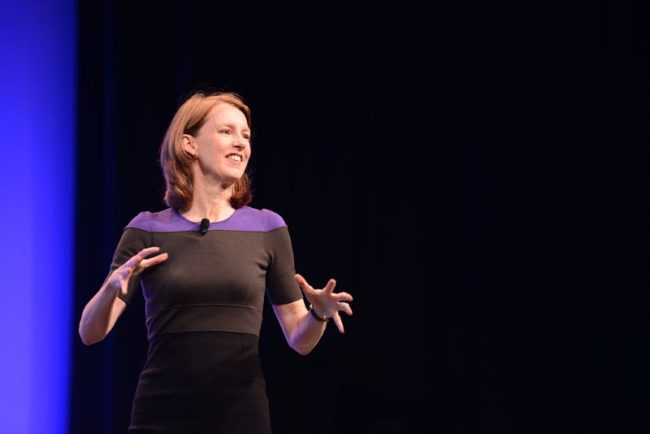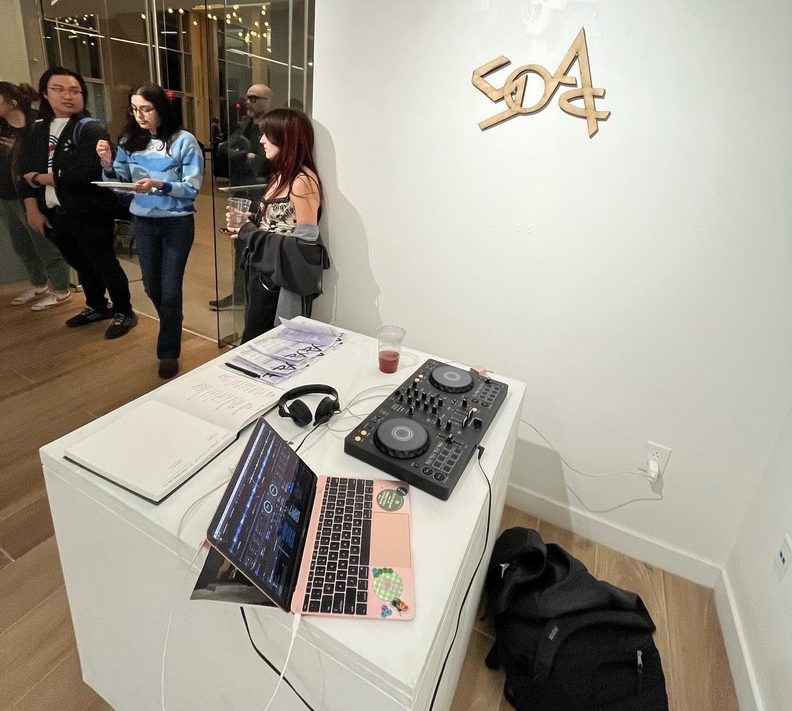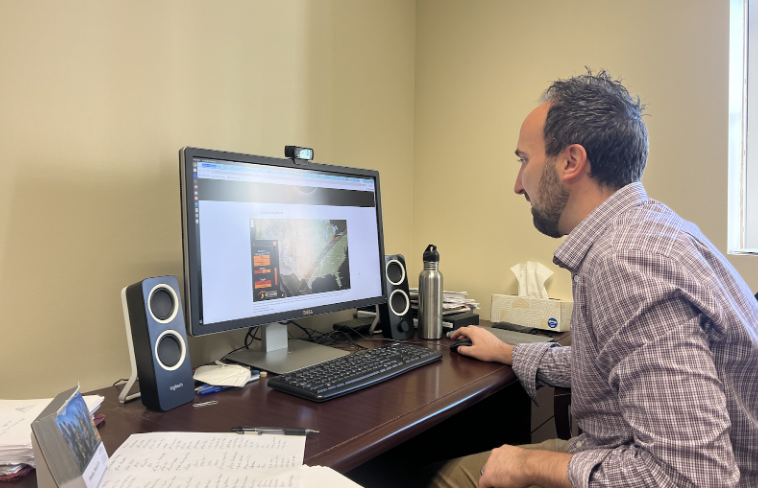Best-selling author Gretchen Rubin encouraged people to get rid of their clutter at Highland Park United Methodist Church on Tuesday, March 26.
Gretchen Rubin, who wrote “Outer Order, Inner Calm,” said that she writes about human nature when she writes about decluttering.
“People tell me that when they feel like they get more control over the stuff of their lives, they feel like they’ve got more control of their life generally,” Rubin said at the Authors LIVE! lecture presented by Friends of the SMU Libraries and Friends of Highland Park Library.
People can determine whether to keep things by considering whether they need, use or love the item. Rubin identified the “ex-factor” for people cleaning out their closets.
“If I were walking down the street and I ran into my ex, would I be glad that I was wearing this item of clothing or would I regret that I was wearing this item of clothing?” Rubin said. “If you are glad, keep it.”
But there’s a more natural way to create outer order: by not acquiring clutter. Rubin explained how:
· Anticipatory clutter accumulates when people purchase things as they prepare for an event that may never happen. “Remind yourself you can store it at the store,” Rubin said.
· Clutter from impulse shopping may accumulate from the convenience of making the purchase. She suggests deleting stored billing, shipping and credit card information when shopping online and avoiding a basket when shopping in a store.
· Rubin warned against freebies. “Often something that feels free can cost us time, energy or money when we have to figure out what to do with it,” she said.
To maintain order, Rubin, the former law clerk of Sandra Day O’Conner, suggests that people do not delay tasks that take less than one minute and spend an hour every week to do longer tasks that they have delayed.
“What we do every day matters more than what we do every once in a while,” Rubin said.
People feel better when they declutter. The things people hold onto may relate to a fantasy self or make people feel guilty for not using them.
“The feeling of abundance is increased even though there’s less stuff under your roof,” Rubin said. People feel a more profound sense of engagement with the things they own after they relinquish what they don’t value.
Though people generally benefit from outer order, outer order varies by person.
Factors that affect people’s outer order include how much they buy, whether they prefer abundance to simplicity and if “they are subject to ‘procrasticlearing,’” or getting rid of clutter instead of working.
A woman in the audience of the lecture asked why she keeps her office clean and her home messy.
“The house looks like a bomb went off because the cat and the turtle don’t do anything,” the woman said.
“There is no one-size-fits-all solution,” Rubin said.
The most important question people ask Rubin comes from people who ask how they can make someone else neater.
“The only people we can change is ourselves,” Rubin said. “If I change, the atmosphere of my home changes.”













